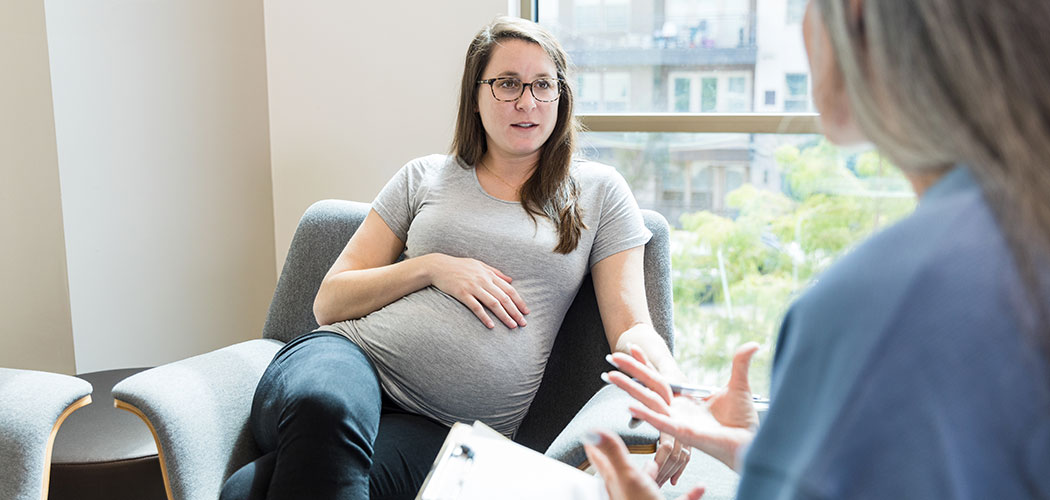Perinatal mental health organisation Gidget Foundation has partnered with Federation University to launch a fully-funded Graduate Diploma in Perinatal Mental Health in a bid to address a nationwide shortage of specialist clinicians working in the field.
According to Gidget Foundation, demand for its perinatal mental health services continues to surge, leading to it seeing 30% more clients over the past year. Perinatal depression and anxiety (PNDA) impacts 100,000 Australians each year, or one in five mums and one in 10 dads.
Launched during Perinatal Mental Health Week (17-24 November), the new Graduate Diploma in Perinatal Mental Health provides comprehensive ‘on the job’ training, weekly supervision or clinicians, academic modules, a paid placement opportunity, as well as ongoing employment through Gidget Foundation Australia’s face-to-face or telehealth services.
Gidget Foundation Australia provides a range of clinical treatment programs, which include free individual psychological consultations face to face or via telehealth, group treatment and early intervention screening, with 32 Gidget House locations now operating across Australia.
The first cohort of students will graduate in July 2025, while applications opened this month for the February 2025 intake of the one-year academic program.
“It’s essential we have enough qualified clinicians to meet this growing demand to address the critical needs of the individuals impacted,” CEO of Gidget Foundation Australia, Arabella Gibson, said.
“Equity, access, and affordability can be a barrier for allied health professionals to further extend their professional knowledge and skills. The Graduate Diploma in Perinatal Mental Health enables health professionals to upskill in perinatal and infant mental health and creates an accessible pathway to enhance knowledge and experience across the sector; whilst benefitting the health professional, clients, and the wider community.”
Professor Andrew J Lewis, Deputy Dean – Institute of Health and Wellbeing at Federation University, said the unique training in perinatal mental health would help improve access to expert care by upskilling the workforce.
“The Graduate Diploma has been produced by expert clinicians and researchers and designed to support busy clinicians to gain the skills and knowledge they need to be first rate clinicians,” he said.
More information here









3 Responses
Great as this will help families overcome the challenges faced with this condition.
I am VERY interested.
After attending the 2024 Gidget conference in Sydney I was heartened by services on offer in NSW. In Tasmania’s south the existing RHH PIMHS service (perinatal infant mental health service) does well, but perhaps doesn’t meet needs of some women in the hardest hit communities. Child health nurses with better skills are in contact with these women, and I for one could use these enhanced skills.